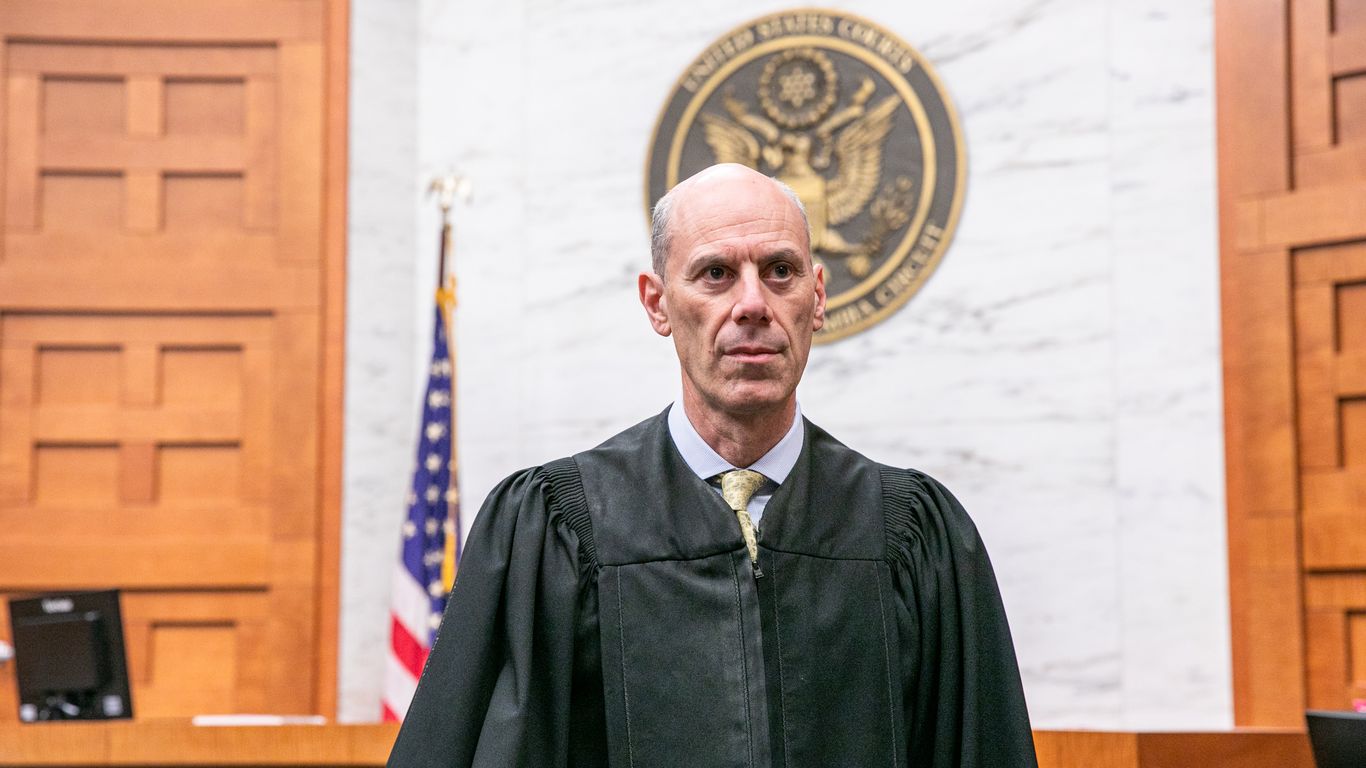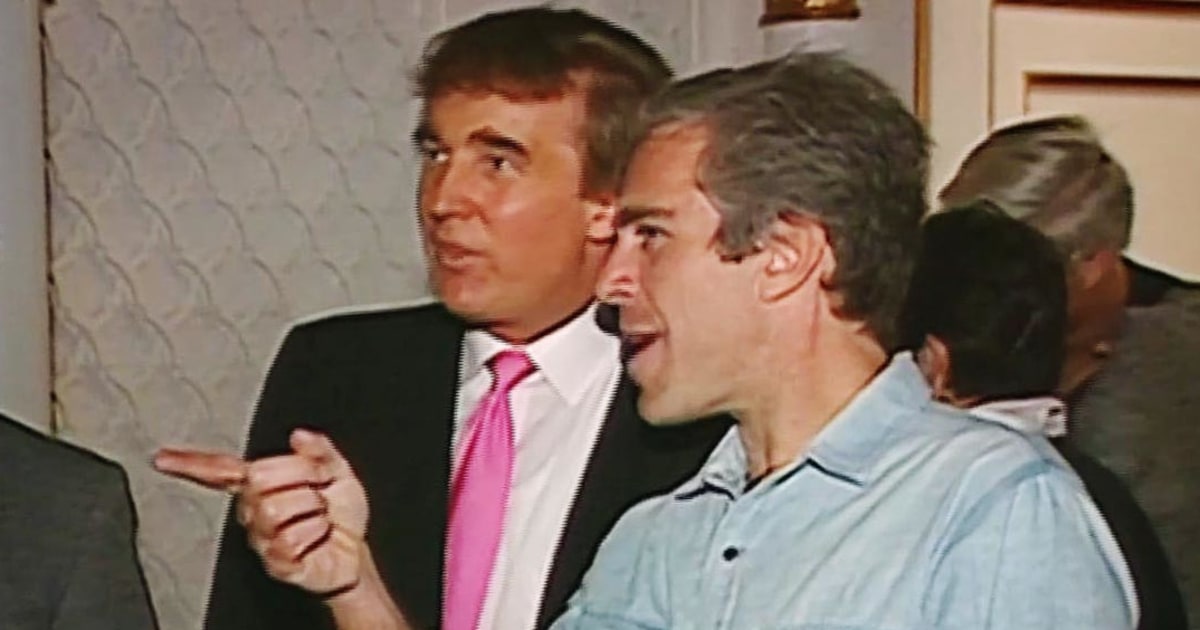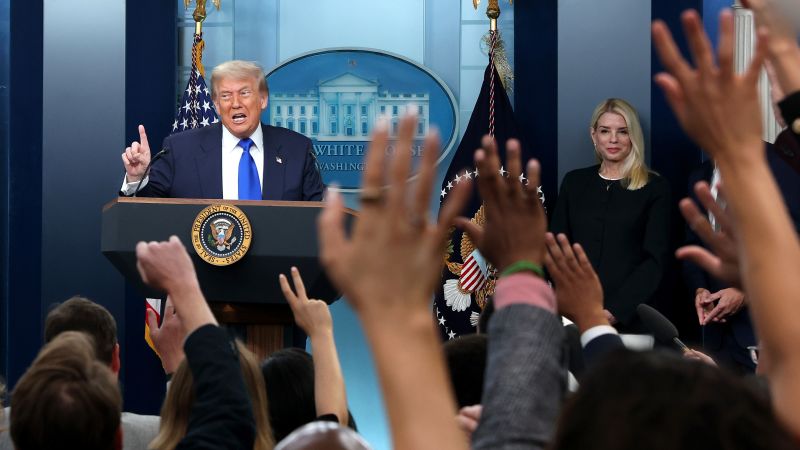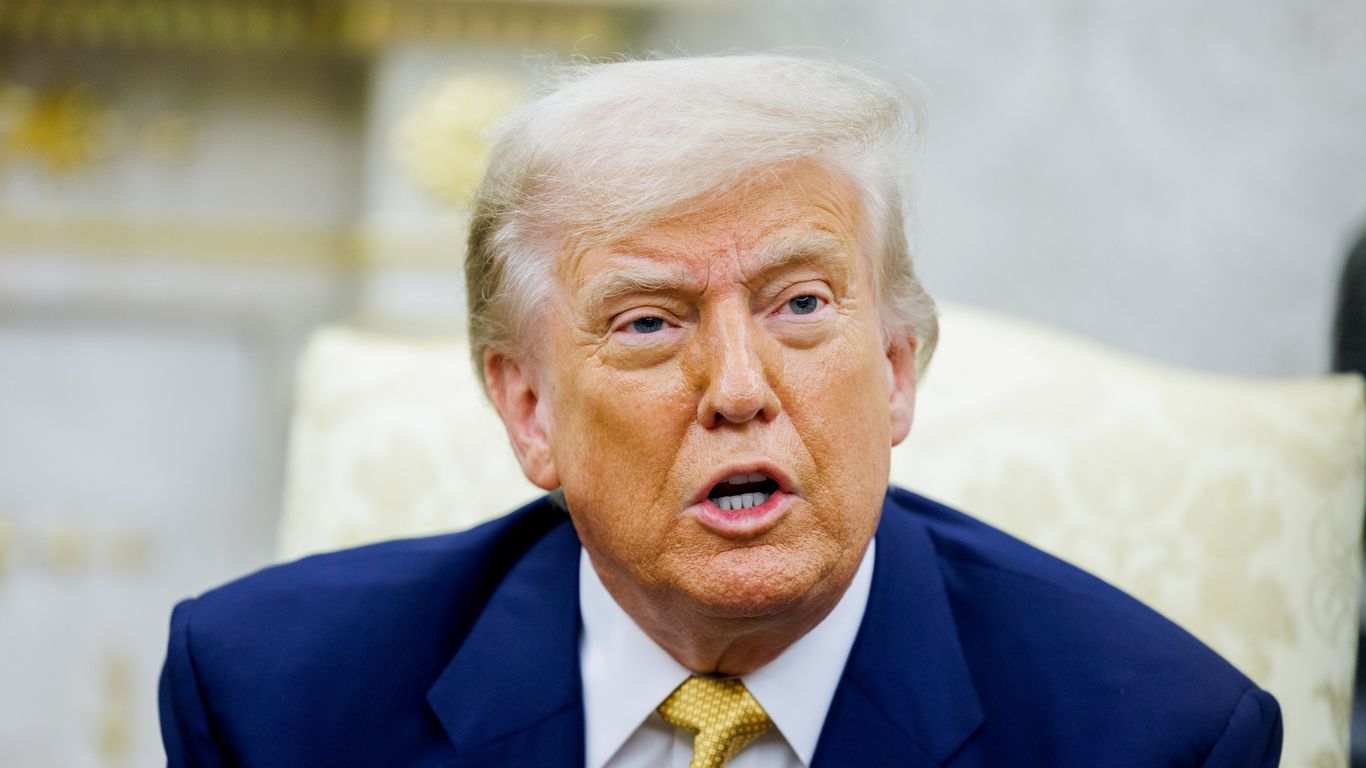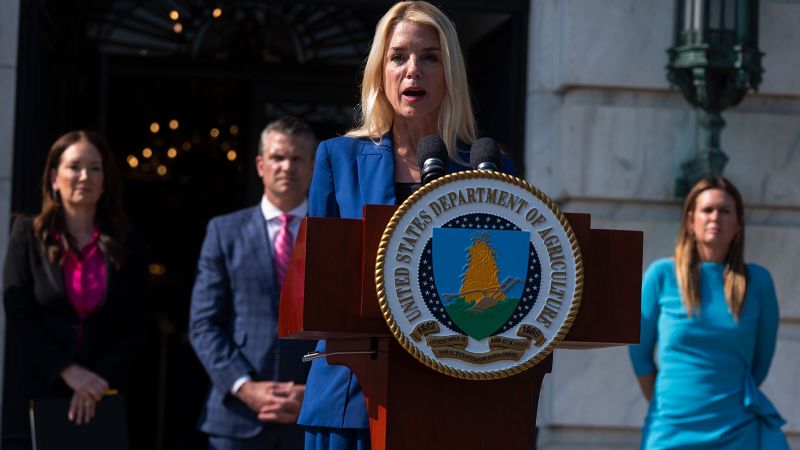Grand Jury Investigation into Obama Administration's Handling of 2016 Election
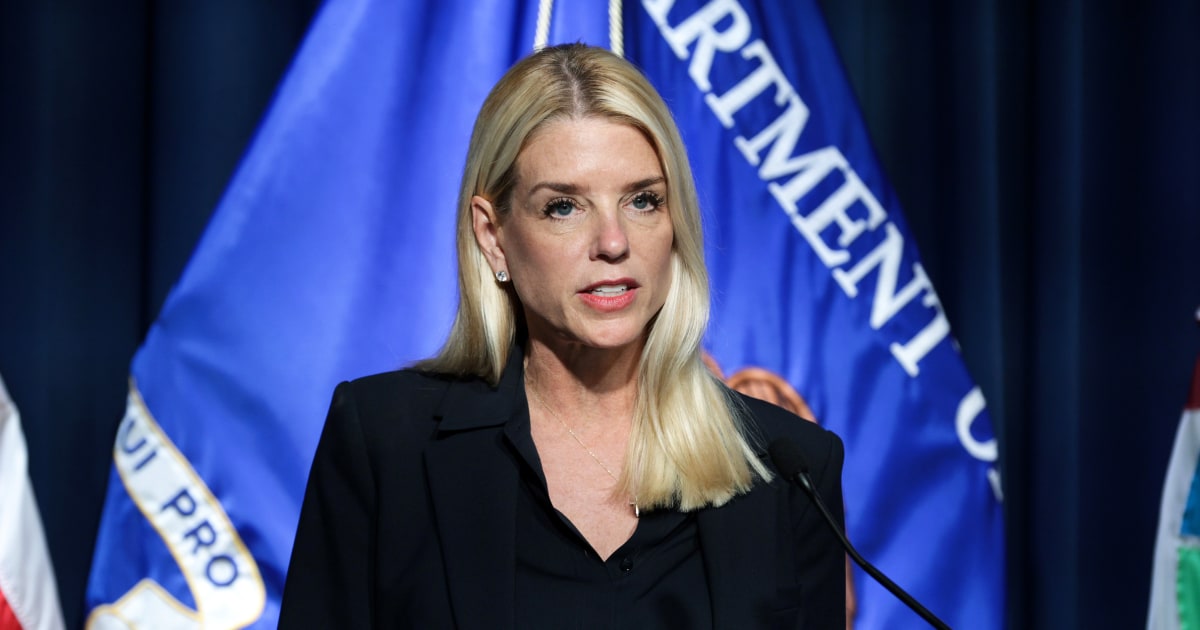
Introduction
Attorney General Pam Bondi has directed DOJ prosecutors to launch a grand jury investigation into the Obama administration's handling of the 2016 election. This comes after mounting concerns that officials may have committed federal crimes while assessing Russia's involvement in the election.
Key Details
The investigation will focus on whether any members of the Obama administration improperly obtained or shared information about Russia's actions during the election. This includes the surveillance of Trump campaign associates and unmasking of their names in intelligence reports. Additionally, it will examine whether any officials leaked classified information to the media.
Bondi's decision to launch the grand jury probe follows a letter from 11 House Republicans calling for an investigation into the Obama administration's actions. They allege that officials may have abused their power for political gain and violated laws protecting the identities of U.S. citizens.
Impact
If the investigation uncovers evidence of wrongdoing, it could have significant implications for the Obama administration and the current political landscape. It could also raise questions about the integrity of the 2016 election and the actions of government officials. This grand jury probe serves as a reminder of the ongoing investigation into Russian interference in the election and the need for accountability and transparency in government processes.
About the People Mentioned
Pam Bondi
Pam Bondi is an American lawyer and politician who currently serves as the 87th Attorney General of the United States, having been sworn in on February 5, 2025. A fourth-generation Floridian from Tampa, Bondi earned a Bachelor of Arts in Criminal Justice from the University of Florida and a Juris Doctor from Stetson University College of Law. She spent more than 18 years as a prosecutor in Hillsborough County, handling cases ranging from domestic violence to capital murder. Bondi was elected Florida’s 37th Attorney General in 2010, becoming the first woman to hold the position. She served two terms from 2011 to 2019, during which she gained national recognition for her efforts to combat human trafficking, opioid addiction, and fraud. In her first legislative session, she led reforms that shut down 98 unscrupulous clinics contributing to the opioid crisis. She also chaired the Florida Statewide Human Trafficking Council and was appointed to President Trump’s Opioid and Drug Abuse Commission. Bondi played a prominent role in multistate lawsuits against pharmaceutical companies and led a legal challenge to the Affordable Care Act. She was a vocal supporter of President Donald Trump, joining the White House Counsel’s Office in 2019 and serving on the legal defense team during Trump’s first impeachment trial. After leaving public office, she became a partner at the lobbying firm Ballard Partners and held leadership roles at the America First Policy Institute. Bondi was nominated by President Trump to serve as U.S. Attorney General following the withdrawal of his initial nominee, and she was confirmed by the Senate in February 2025. Her career has been marked by a focus on criminal justice reform, public safety, and conservative legal advocacy.
About the Organizations Mentioned
DOJ
## Overview The **United States Department of Justice (DOJ)** is a federal executive department responsible for enforcing federal laws, ensuring public safety, and upholding civil rights across the United States[1][3][4]. Headquartered in Washington, D.C., the DOJ operates under the leadership of the U.S. Attorney General, a presidential appointee who reports directly to the President and serves on the Cabinet[4]. The department comprises more than 40 component organizations and over 115,000 employees, with field offices in every U.S. state and territory, as well as in more than 50 countries worldwide[1][4]. ## What the DOJ Does The DOJ’s core mission is to uphold the rule of law, keep the country safe, and protect civil rights[1][5]. Its work is organized into three co-equal priorities: law enforcement, litigation, and grantmaking[5]. The department oversees major federal law enforcement agencies, including the Federal Bureau of Investigation (FBI), Drug Enforcement Administration (DEA), Bureau of Alcohol, Tobacco, Firearms and Explosives (ATF), U.S. Marshals Service, and the Federal Bureau of Prisons[2][4]. These agencies investigate and prosecute federal crimes, apprehend fugitives, manage federal prisons, and combat terrorism and organized crime[2][6]. The DOJ also includes litigating divisions that enforce federal criminal and civil laws—covering areas such as antitrust, tax, civil rights, environment, and national security—and represents the U.S. government in court through the 94 U.S. Attorneys’ offices[2][4]. Additionally, the DOJ administers grant programs to support state, tribal, and local justice initiatives[2]. ## History The DOJ was formally established by Congress in 1870, during the Ulysses S. Grant administration, to centralize federal legal functions that had previously been dispersed across various departments[4][9
House Republicans
The **House Republicans** refer to the Republican caucus within the United States House of Representatives, currently holding a slim majority in the 119th Congress beginning in 2025. This group functions as the primary organizational body for Republican members in the House, coordinating legislative strategy, party messaging, and leadership elections[4][9]. Historically, the House Republican Conference has been a major force shaping U.S. policy and governance since the party’s founding in the mid-19th century. It provides a platform for collective decision-making and policy development among Republicans in the House. The Speaker of the House, currently Mike Johnson (LA), is the most senior Republican leader and presides over House proceedings, sets the legislative agenda, and serves as the party’s chief spokesperson[2][4]. The Majority Leader (Steve Scalise), Majority Whip (Tom Emmer), and other leadership roles manage daily legislative operations, party discipline, and coordinate votes[4][5]. In terms of **key achievements**, House Republicans have historically influenced major legislation on taxation, deregulation, defense, and judicial appointments. Their agenda in 2025 focuses on reversing policies from the previous administration, emphasizing conservative priorities such as economic growth, national security, and limiting government intervention[7][6]. The current status of the House Republican majority is notably narrow, with just 219 seats out of 435, the smallest margin since 1931. This slim majority demands strong party unity and strategic negotiation to pass legislation and maintain control. Speaker Johnson’s election required every Republican vote except one, illustrating the fragile balance within the caucus[1][3][6]. The party’s leadership includes new and returning figures tasked with navigating this delicate legislative environment while working closely with the executive branch under President Donald Trump’s administration[5][7]. Notable aspects of the House Republicans include their tight internal cohesion, strategic focus on legislative priorities aligned with conservative principles, and their adaptation to a highly divided House, which impacts how they engage
